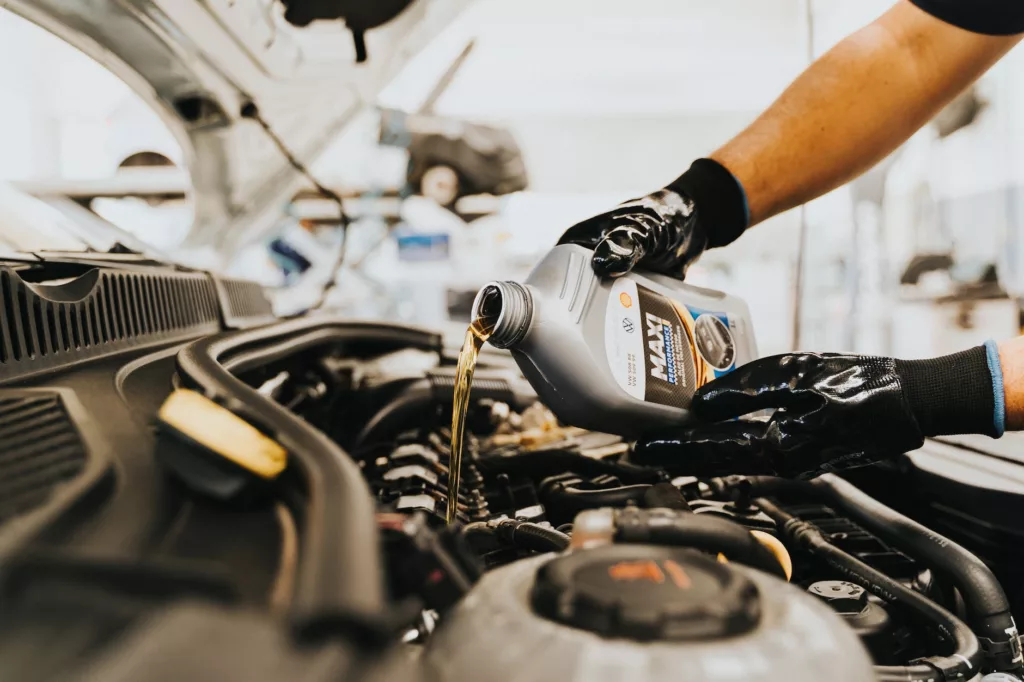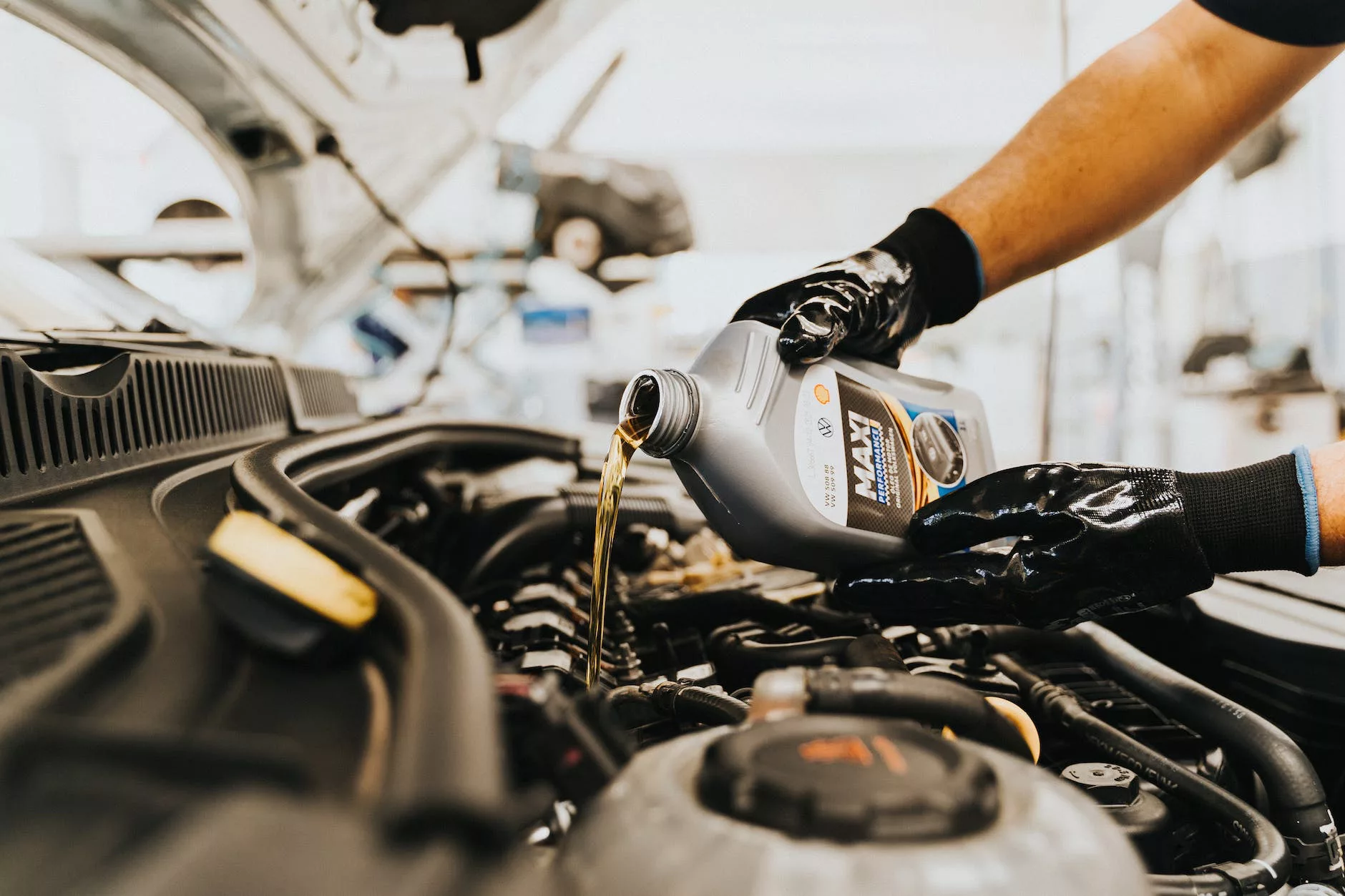- Top 5 Tyre Pressure Monitoring Systems (TPMS) and Why You Need One - June 15, 2024
- What Causes Flat Spots on Tyres and How To Fix Them - October 9, 2023
- How Long Do Car Tyres Last? A Simple Guide to Tyre Longevity - August 19, 2023
Keeping your vehicle in top shape is essential for its optimal performance and longevity. Regular maintenance tasks, such as oil changes, play a significant role in preserving the health of your vehicle’s engine. By changing your vehicle’s oil at the recommended intervals, you can ensure proper lubrication, prevent engine damage, and improve fuel efficiency. In this article, we will delve into the importance of oil changes and provide you with all the necessary information to keep your vehicle running smoothly.

The Basics of Oil Changes
What is an Oil Change?
An oil change is a routine maintenance procedure that involves draining the old oil from your vehicle’s engine and replacing it with fresh, clean oil. This process also includes replacing the oil filter, which captures impurities and contaminants present in the oil. Regularly changing your vehicle’s oil helps remove dirt particles, sludge, and other harmful substances that can accumulate in the engine over time.
Why are Oil Changes Important?
Performing timely oil changes is vital for maintaining the overall health of your vehicle’s engine. Here are some key reasons why oil changes are crucial:
- Lubrication: Oil lubricates the engine components, reducing friction and heat generated during operation, thus preventing excessive wear and tear.
- Heat Dissipation: The engine produces a significant amount of heat while running. Fresh oil helps to dissipate this heat, preventing the engine from overheating.
- Contaminant Removal: Over time, impurities like dirt, dust, and metal particles accumulate in the oil. Regular oil changes help eliminate these contaminants, ensuring a clean and well-functioning engine.
- Fuel Efficiency: Clean oil reduces internal friction within the engine, allowing it to operate more efficiently. This improved efficiency translates into better fuel economy.
When Should You Change Your Vehicle’s Oil?
The frequency at which you should change your vehicle’s oil depends on several factors, including the make and model of your vehicle, driving conditions, and the type of oil used. However, as a general guideline, most car manufacturers recommend an oil change every 3,000 to 5,000 miles (or every 3 to 6 months). It’s important to consult your vehicle’s owner’s manual or contact a trusted mechanic to determine the specific oil change interval for your vehicle.
Signs that Your Vehicle Needs an Oil Change
While following the recommended oil change intervals is the best practice, there are some signs that indicate your vehicle may need an oil change sooner. Keep an eye out for the following indicators:
- Dark and Dirty Oil: If the oil on the dipstick appears dark and dirty, it’s a sign that it has become contaminated and is no longer effective.
- Engine Noise: Insufficient lubrication due to old or dirty oil can lead to increased engine noise or knocking sounds.
- Decreased Performance: A drop in your vehicle’s performance, such as reduced acceleration or sluggishness, may signal the need for an oil change.
- Warning Lights: If your vehicle’s dashboard warning light illuminates, it may indicate low oil pressure or other issues related to the oil system.
- Burnt Smell: If you notice a strong, burnt odor coming from your engine, it could indicate degraded oil that needs to be changed.
FAQs about Oil Changes
- How long does an oil change take?
An oil change typically takes around 30 minutes to an hour, depending on factors such as the type of vehicle and the accessibility of the oil filter.
- Can I change my vehicle’s oil myself?
Yes, changing your vehicle’s oil is a task that can be done by yourself if you have the necessary tools and knowledge. However, if you are not confident or comfortable with performing this task, it’s best to seek the assistance of a professional mechanic.
- What type of oil should I use for my vehicle?
The type of oil recommended for your vehicle can be found in the owner’s manual. It’s crucial to use the correct viscosity and quality of oil to ensure optimal engine performance.
- Do oil change intervals vary for different types of driving?
Yes, frequent stop-and-go driving, towing heavy loads, or driving in extreme weather conditions can put additional stress on the engine, requiring more frequent oil changes. It’s important to consider your driving habits when determining the oil change intervals.
- Can I reuse the oil filter during an oil change?
It is not recommended to reuse the oil filter as it may have accumulated contaminants that can be reintroduced into the engine. Always replace the oil filter during an oil change.
- What are the consequences of not changing my vehicle’s oil?
Neglecting regular oil changes can lead to engine damage, decreased fuel efficiency, increased emissions, and costly repairs. It’s essential to prioritize this simple maintenance task to avoid potential problems.
Regular oil changes are a fundamental aspect of vehicle maintenance that should not be overlooked. By adhering to the recommended oil change intervals and paying attention to signs that indicate the need for a change, you can ensure the longevity and optimal performance of your vehicle’s engine. Don’t underestimate the power of this relatively straightforward maintenance task; it plays a vital role in keeping your vehicle running smoothly for years to come. Stay tuned for the next part of our article, where we will explore the different types of engine oil and their benefits.

